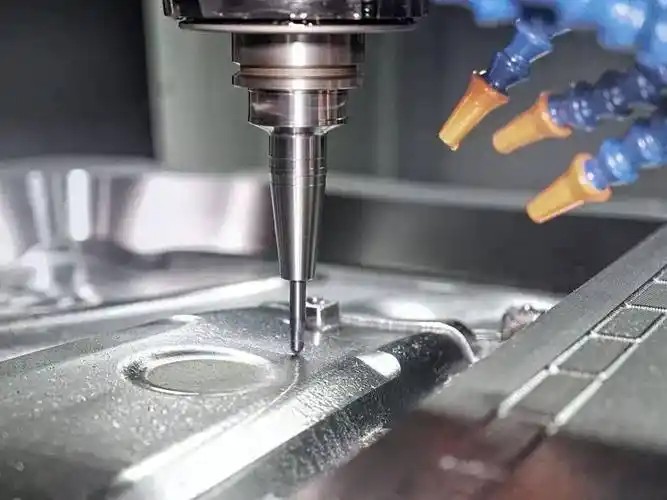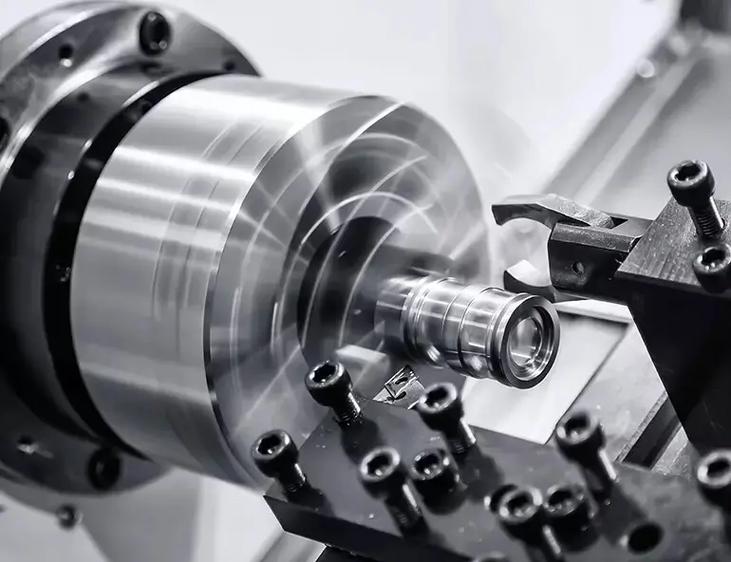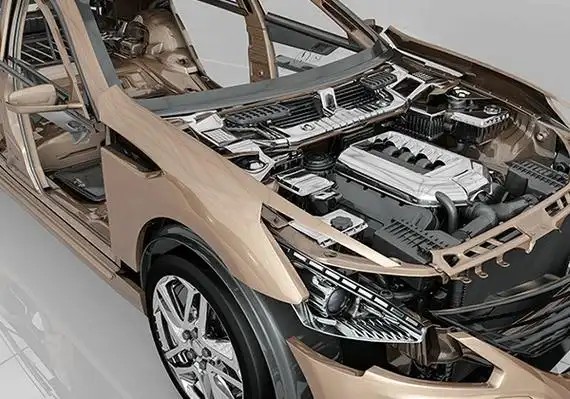- Nov 19, 2024
With the growing demand for high performance, precision manufacturing, and customization in the automotive industry, CNC (Computer Numerical Control) machining has become a transformative technology. The need for precise, complex components has surpassed the capabilities of traditional manufacturing methods, making CNC machining the ideal solution to meet industry standards. This article explores the innovations and breakthroughs in CNC machining and its impact on advancing the automotive sector.
Key Applications of CNC Machining in the Automotive Industry
1. High-Precision Component Manufacturing
Automotive components such as engine blocks, pistons, gearbox gears, and steering systems require extreme precision. CNC machining, controlled by computer programs, achieves micron-level accuracy, ensuring that parts meet strict tolerances.
For example:
· Engine Components: CNC machining ensures the precise dimensions of cylinder bores, optimizing engine performance and fuel efficiency.
· Transmission Systems: High-precision CNC-machined gears reduce noise and improve power transmission efficiency.
2. Achieving Complex Geometries
Modern automotive design demands lightweight, intricate, and integrated component structures. CNC machining, especially multi-axis machining (e.g., 5-axis machining), can process complex surfaces and hard-to-machine materials, providing automakers with greater design flexibility.
3. Customization and Small-Batch Production
CNC machining excels in customization and small-batch production. With increasing demand for personalized vehicles, CNC machining quickly adapts to design changes, offering highly customized parts for luxury and racing vehicles.
Innovations and Breakthroughs in CNC Machining
1. Widespread Use of Multi-Axis Machining
While traditional CNC machines operate on three axes, multi-axis machines (such as 5-axis or 6-axis) have become essential for producing complex parts. These advancements allow for multiple directional cuts in a single setup, significantly improving efficiency and precision.
2. Integration of Automation and AI
Modern CNC machines incorporate automation and artificial intelligence, enabling unattended machining and real-time monitoring. Examples include:
· Smart Detection: Sensors and data analysis monitor machining errors in real-time, reducing waste.
· Automated Tooling and Workholding: These features increase productivity and shorten production cycles.
3. Enhanced Material Processing Capabilities
CNC machining advancements have improved efficiency in processing challenging materials. For example:
· Carbon Fiber Composites: CNC machining handles delicate carbon fiber components without damaging their structure, ideal for lightweight vehicle design.
· High-Strength Alloys: Improvements in machining titanium and aluminum alloys enable the production of high-performance components for electric vehicles and racing cars.
4. Digital Twin and Virtual Machining
By incorporating digital twin technology, CNC machining can simulate processes in a virtual environment, identifying potential issues and optimizing machining paths. This technology significantly reduces development time and costs during the automotive R&D phase.

Impact of CNC Machining on the Automotive Industry
1. Increased Production Efficiency
Automation and intelligent CNC machining systems significantly shorten production timelines and reduce manual intervention, lowering costs while enhancing product quality.
2. Driving Lightweight Development
CNC machining's precision in processing high-strength, lightweight materials enables automakers to produce lighter, more fuel-efficient vehicles that meet modern environmental standards.
3. Enhanced Market Competitiveness
Customization capabilities and rapid prototyping allow automakers to respond quickly to market demands, driving innovation and maintaining a competitive edge.
Future Prospects: The Continued Evolution of CNC Machining in the Automotive Industry
As electric vehicles, autonomous driving, and smart manufacturing evolve, CNC machining will play a more significant role in:
1. Electric Vehicles: High-precision machining will meet demands for battery housings and drive systems.
2. Autonomous Vehicles: CNC machining will be vital in producing precise sensor casings and in-car electronic components.
3. Sustainable Manufacturing: By optimizing machining processes and reducing material waste, CNC machining will support green manufacturing initiatives.
Conclusion:
The innovations and breakthroughs in CNC machining for the automotive industry have enhanced production efficiency, improved product quality, and accelerated the sector's transition toward precision, intelligence, and sustainability. As a transformative technology, CNC machining will continue to offer efficient, flexible solutions for automotive manufacturing, unlocking new possibilities for the industry’s future.



